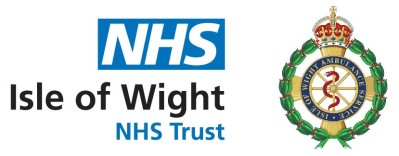Enhanced Recovery aims to promote health and to return the patient to feeling well as quickly as possible after an operation or stay in hospital.
The national agreed working principles are:
-
All patients should be on a pathway to enhance their recovery. This enables patients to recover from surgery, treatment, illness and leave hospital sooner by minimising the physical and psychological stress responses.
-
Patient preparation ensures the patient is in the best possible condition, identifies the risk and commences rehabilitation prior to admission or as soon as possible.
- Pro-active patient management components of enhanced recovery are embedded across the entire pathway; pre, during and after all operations or treatments.
- Patient have an active role and take responsibility for enhancing their recovery.
Research indicates that recovery after surgery is easier and happens more quickly if certain things are introduced:
- Good advice and information prior to your operation or hospital stay.
- Carbohydrate rich drinks before and after your operations.
- Using epidurals for pain relief. Further information about pain management is found in this booklet.
- Eating early following surgery.
- Getting out of bed and walking early after your operation or procedure.
These simple steps will speed your recovery and help to reduce the risks of complications such as chest infection or muscle wastage.
We ask patients to take an active role in their own recovery and to work in conjunction with the healthcare team doctors, nurses, physiotherapist etc to help achieve this. Each patient will be given an ‘Enhanced Recovery Diary’. The diary will give you the opportunity to tell us your views and comments on the standard of care that you have received. Please spend some time during your stay to complete this diary as it will help us to improve our service.
We are always keen to know your thoughts, whether good or bad, and appreciate your honesty. Any information that you provide will be treated confidentially.
Enhanced Recovery should be considered as standard practice for most patients undergoing surgery or treatment for a range of procedures and specialties.



